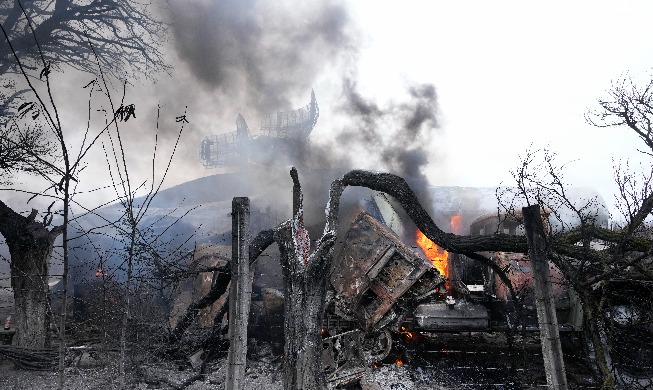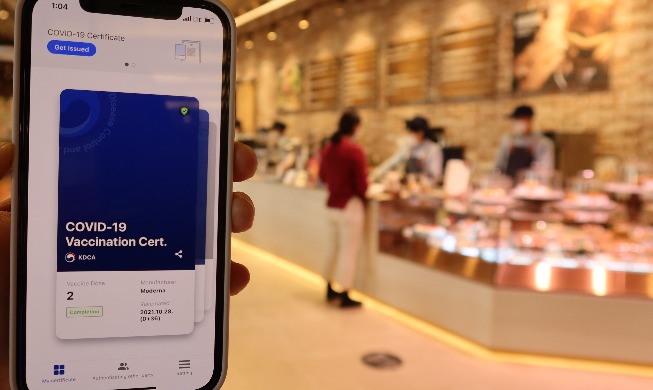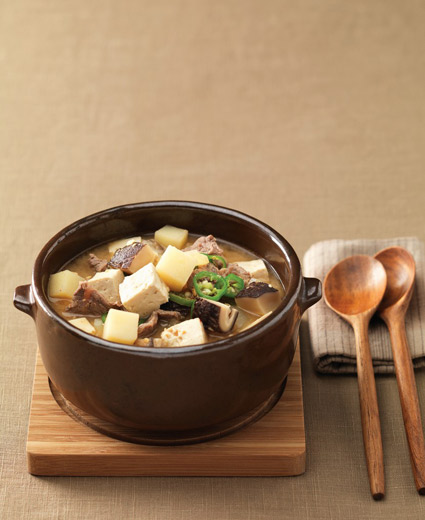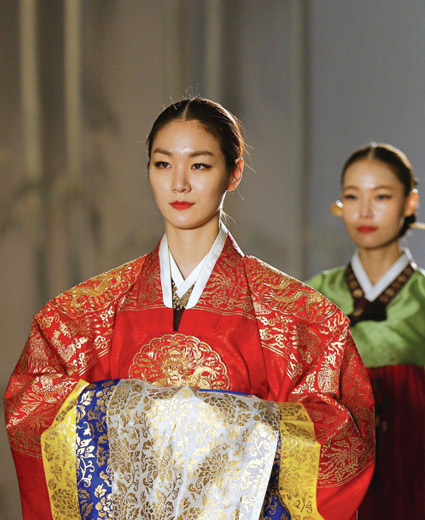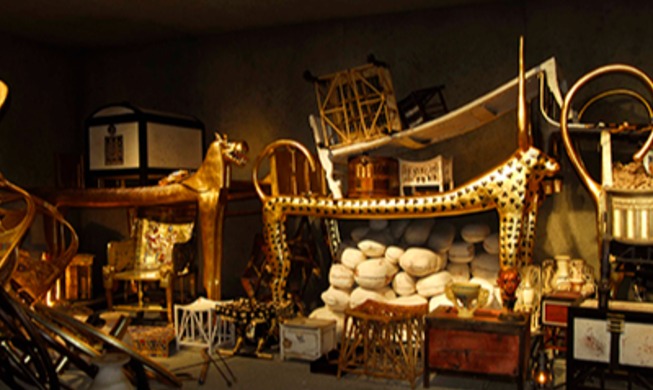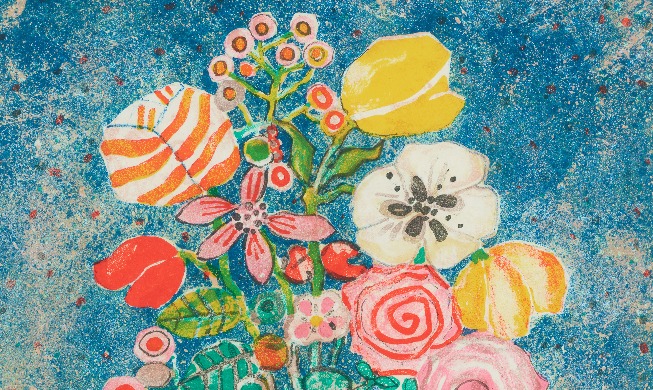-
 Korea.net's 24-hour YouTube channel
Korea.net's 24-hour YouTube channel- NEWS FOCUS
- ABOUT KOREA
- EVENTS
- RESOURCES
- GOVERNMENT
- ABOUT US
| Serving as charge d'affaires at the Uzbek Embassy in Seoul from 1995-99, His Excellency Vitali V. Fen later served as Uzbek ambassador extraordinaire and plenipotentiary in Korea from 1999 to 2013. In 2014, he received the Gwanghwa Order of Diplomatic Service Merit, the Korean government's highest honor for diplomacy. In 2017, he returned to Korea for a second stint as Uzbek ambassador. |

Uzbek Ambassador to Korea Vitali V. Fen
By His Excellency Vitali V. Fen
Photos = Uzbek Embassy in Seoul
The foundation for forming bilateral relations between Uzbekistan and Korea was first laid on Dec. 30, 1991, when Korea acknowledged Uzbekistan's independence and recognized it as an independent country. Later on Jan. 29, 1992, both countries set up formal diplomatic ties and have since held brisk political dialogue 17 times over the last three decades.
Leaders of both countries have continued regular dialogue to advance and deepen bilateral ties. Relations were raised to another in 2017 thanks to President Shavkat Mirziyoyev's state visit to Korea and in 2019, when President Moon Jae-in made a reciprocal trip to Uzbekistan.

Uzbek President Shavkat Mirziyoyev (left) and President Moon Jae-in on Dec. 17, 2021, pose for a commemorative photo at Cheong Wa Dae.
The latest visit to Korea by President Mirziyoyev from Dec. 16-18 last year at the invitation of President Moon also holds extremely high significance. Both leaders held summit talks at Cheong Wa Dae that were attended by high-ranking officials from both governments.
Korea is a key partner of Uzbekistan for trade and economic cooperation. The scale of bilateral trade and joint projects has almost doubled in recent years. Despite the COVID-19 pandemic, cooperative ties have grown wider in a multifaceted manner.
Thanks to their latest summit talks, both countries agreed to bolster cooperation in a diversified manner including the conclusion of a free trade agreement. They agreed to work together to conclude the deal by next year and expand bilateral trade volume.
Korean investment in Uzbekistan has surpassed USD 7 billion, mostly in joint ventures in chemicals, petrochemicals, textiles, construction and agriculture.
President Mirziyoyev has proposed to declare 2022 the "Year of Mutual Exchange between Korea and Uzbekistan" and setting up a museum for Goryeoin (ethnic Koreans in Central Asia) and a library at the House of Korean Culture and Art in Tashkent.
The two leaders adopted a joint statement on the goals of developing bilateral relations, the significance of the 30th anniversary of diplomatic ties this year, and measures to promote friendship and cultural understanding between the people of both countries.

Uzbek President Shavkat Mirziyoyev on Dec. 17 last year made a state visit to Korea to hold summit talks with President Moon Jae-in at Cheong Wa Dae.
In the presence of both presidents, the two governments signed memorandums of understanding (MOU) on public health cooperation for disease prevention and response, a 2022-24 cooperation project of the Korea International Cooperation Agency projects featuring the participation of the foreign ministries of both sides, setup of an energy cooperation channel and development of smart cities. They also agreed to expand multilateral cooperation including in the rare metal sector.
President Mirziyoyev's visit to Korea also served as an opportunity for Seoul and Tashkent to sign MOUs on cooperation in information technology and agriculture and supply of medical equipment.
The Uzbek leader also held talks with Korean National Assembly Speaker Park Byeong-seug. Both men discussed bilateral cooperation, and the speaker pledged to prioritize the development of Korea's special strategic partnership with Uzbekistan.
Cultural cooperation between both countries is noticeably developing despite COVID-19. Such collaboration is an important factor in developing bilateral ties and holds high meaning in summit diplomacy. The friendship between the people of both countries dates back to the ancient era of the Silk Road. This is reflected well by the Afrasiab painting from Samarkand in the late seventh century depicting envoys from the ancient Korean kingdom of Goguryeo attending a reception hosted by the Samarkand king.
Another historical fact attests to the roots of bilateral friendship. A calendar invented by Uzbek astronomer Mirzo Ulugbek (1394-1449) was introduced as an Islamic calendar during the reign of King Sejong the Great of Korea's Joseon Dynasty. This calendar eventually served as the basis for the development of Joseon's own astronomical calendar.
Before the COVID-19 pandemic broke out, the two countries hosted a variety of cultural events. For example, Korean culture and art groups in 2019 took part in the Shark Taronalari International Music Festival in Samarkand, performing the traditional music gugak in front of Uzbeks and artists and musicians from other countries.
Moreover, I would like to highlight the erection of a statue of the great Uzbek author and politician Alisher Navoiy in Seoul's Seocho-gu District to mark his 580th birthday and President Mirziyoyev's second state visit to Korea.

A statue of Uzbek author and politician Alisher Navoiy was erected in December last year in Seoul's Seocho-gu District.
In addition to cultural cooperation, collaboration in tourism is boosting mutual understanding and closer ties between the people of both countries. Over the last few years, leading Korean broadcasters such as KBS have produced and aired more than 20 videos on major attractions in Uzbekistan.
Thanks to such joint development efforts, Korea and Uzbekistan were able to form a special strategic partnership. I am confident that bilateral ties will develop further. Endless opportunities lie ahead of the two countries to deepen mutually beneficial cooperation.
Translated by Korea.net staff writers Yoon Sojung and Aisylu Akhmetzianova

